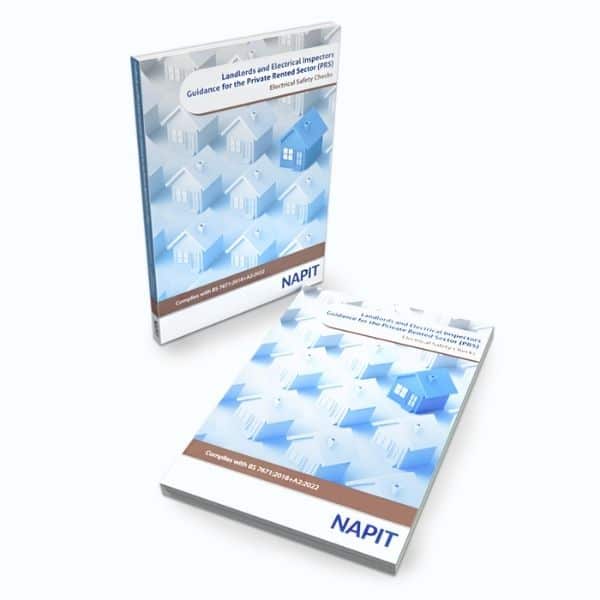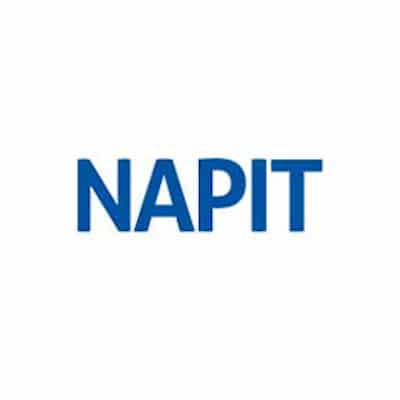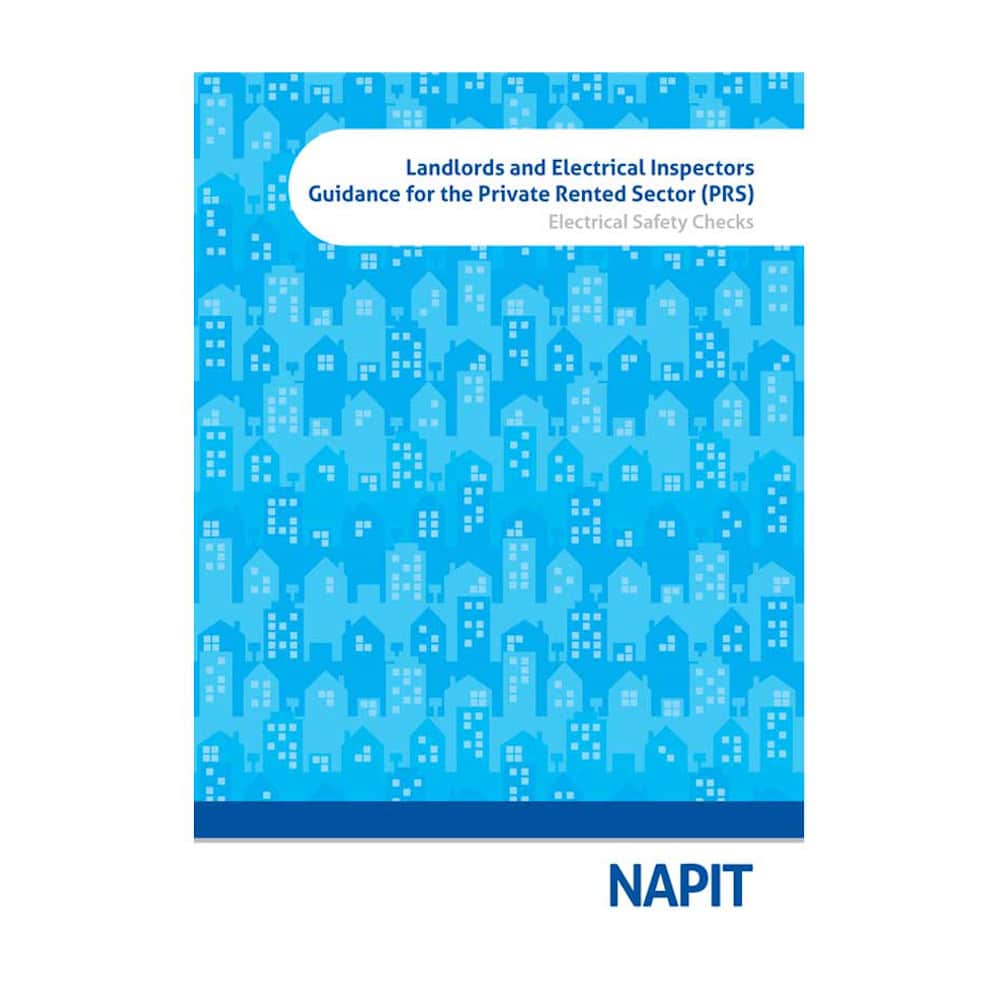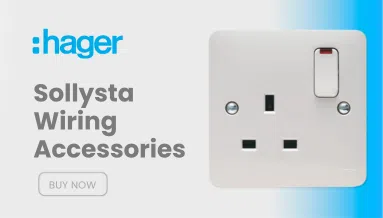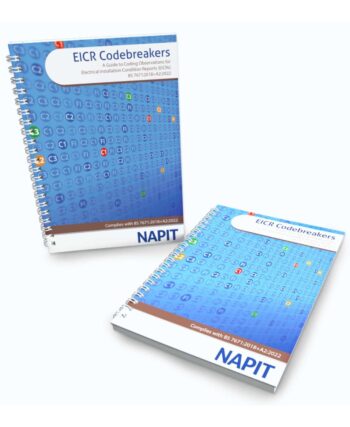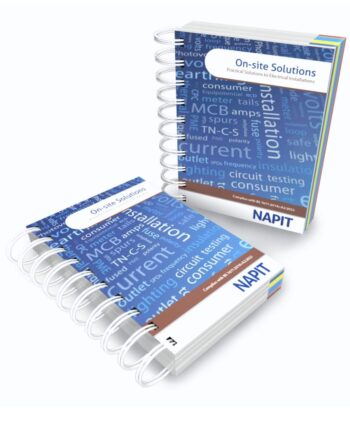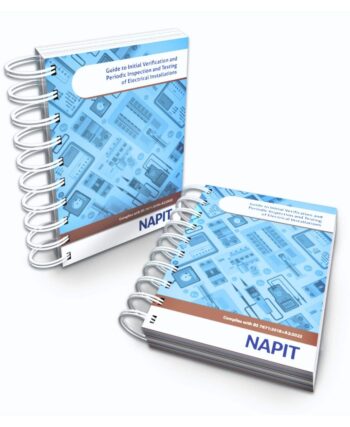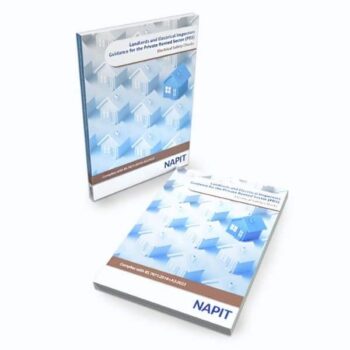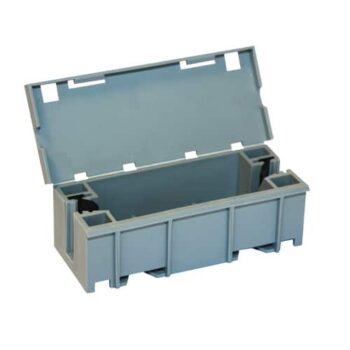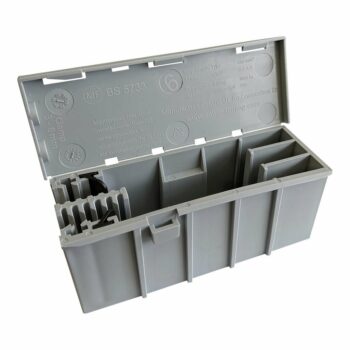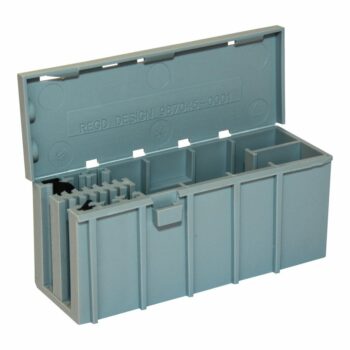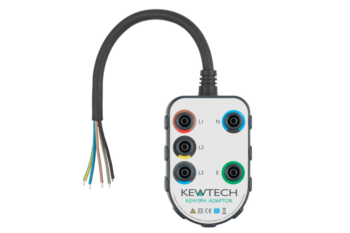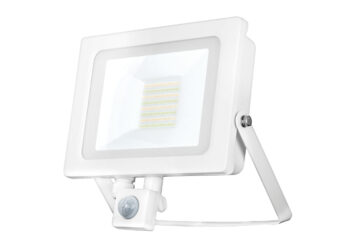Description
NAPIT Landlords and Electrical Inspectors Guidance for PRS
Master the New Electrical Safety Legislation with Confidence
The NAPIT Landlords and Electrical Inspectors Guidance for PRS is a must-have resource designed to help landlords and electrical inspectors fully understand and comply with the latest electrical safety legislation in the UK. Effective from 1st June 2020, this legislation enhances the safety of private residential tenants by introducing stricter electrical inspection standards.
Key Topics Covered
- Understand Legislation Requirements: Gain clear insights into the new legal obligations for ensuring electrical safety in rental properties.
- Avoid Non-Compliance Risks: Learn how to prevent penalties, including fines of up to £30,000, by meeting all required standards.
- Conduct Thorough Electrical Safety Checks: Follow practical guidance on what each electrical safety check must include to ensure compliance.
- Utilize Proper Documentation: Discover the different electrical forms available, understand their purposes, and ensure correct usage.
- Apply Correct Safety Check Coding: Learn how to properly code and interpret safety checks to ensure accurate assessments.
- Schedule Inspections Appropriately: Understand how often inspections should be carried out to maintain ongoing compliance.
- Ensure Inspector Competence: Verify that inspectors have the required qualifications and competencies to perform safety checks.
- Address Remedial Works Promptly: Find out what actions to take when safety issues are identified during inspections.
- Maintain Accurate Records: Follow best practices for keeping thorough records of inspections and safety checks.
- Assess and Manage Risk: Develop strategies for effectively assessing and managing electrical safety risks in rental properties.
Why Choose This Guide?
The NAPIT Guidance for PRS equips landlords and inspectors with the knowledge needed to confidently navigate complex legislation. It ensures that you understand your responsibilities, enabling you to maintain compliance, safeguard tenants, and avoid significant penalties.


